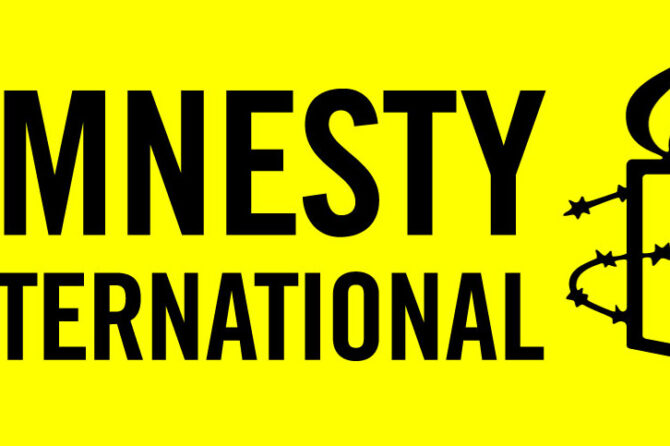The Kingdom of Saudi Arabia recently announced a tough visa measure to the world especially the Muslim community. Importantly, the new strict visa measures is to tackle among others illegal migration, insecurity and overcrowding.
Positive of Negative Signal
The Muslims community across the world have always had this long held views that Mecca is their home. Furthermore, they believe that there can’t be discrimination of any kind for as long as you are a Muslim. Hence, entry into Saudi Arabia to perform either less or main Hajj is more or less their birth right.
Affected Countries
Based on the aforementioned, Saudi Arabia has suspended Umrah, business, and family visit visas for citizens of 14 countries, including:
North Africa: Algeria, Egypt, Morocco, Tunisia
South Asia: Bangladesh, India, Pakistan
Middle East: Iraq, Jordan, Yemen
Other countries: Ethiopia, Indonesia, Nigeria, Sudan
Reasons Behind the Suspension
The suspension aims to prevent unregistered individuals from attempting to perform the pilgrimage, addressing concerns over:
Overcrowding: Rising number of pilgrims without official permits
Safety risks: Visa overstays and unregulated pilgrim activities
Labor market disruption: Misuse of business or family visit visas for illegal work
New Measures for Hajj Season
The Saudi foreign ministry implemented these measures to “streamline travel procedures and enhance safety during Hajj”. Key changes include:
Visa restrictions: Suspension of new short-term visas, including business and family visit visas
Umrah visa rules: Updated regulations for Umrah travel, with specific entry and exit dates
Electronic stopover visa: Limited to 18 countries, including Canada, US, and several European nations
Impact on Travelers
Travelers from affected countries holding valid visas can still enter the Kingdom until April 13 but must exit by April 29. Pilgrims registered through official Hajj channels are exempt from the suspension.
The Hajj ban imposed by Saudi Arabia affects 14 countries, including Nigeria, India, Pakistan, Egypt, and Indonesia, among others. The ban, which started in April 2025 and will last until mid-June 2025, restricts Umrah, business, and family visit visas for citizens of these countries.
Key Implications:
Travel Restrictions: Citizens of affected countries cannot enter Saudi Arabia using alternative visa types, which were often exploited to participate in Hajj without formal authorization.
Overcrowding and Safety Concerns: The ban aims to manage overcrowding and ensure a safe and orderly Hajj pilgrimage, following a tragic 2024 Hajj season marked by significant overcrowding and heat-related deaths.
Economic Impact: The ban may affect the economies of affected countries, particularly those reliant on remittances from citizens working in Saudi Arabia.
Diplomatic Relations: The ban may strain diplomatic relations between Saudi Arabia and the affected countries, potentially impacting trade and cultural exchanges.
Exceptions and Exemptions:
Pilgrims with Valid Hajj Visas: Pilgrims who have completed their registration through designated Hajj commissions or approved travel agents are allowed entry into the Kingdom and are not affected by the new restrictions.
Diplomatic Visa Holders and Residents: These individuals are exempt from the ban and can continue to travel to Saudi Arabia.
Future Prospects:
Resumption of Visa Processing: Normal visa processing is expected to resume after mid-June 2025, once the Hajj season concludes.
Stricter Visa Regulations: Saudi authorities may implement stricter visa regulations to prevent unauthorized participation in Hajj and ensure a safer, more organized pilgrimage experience.

















